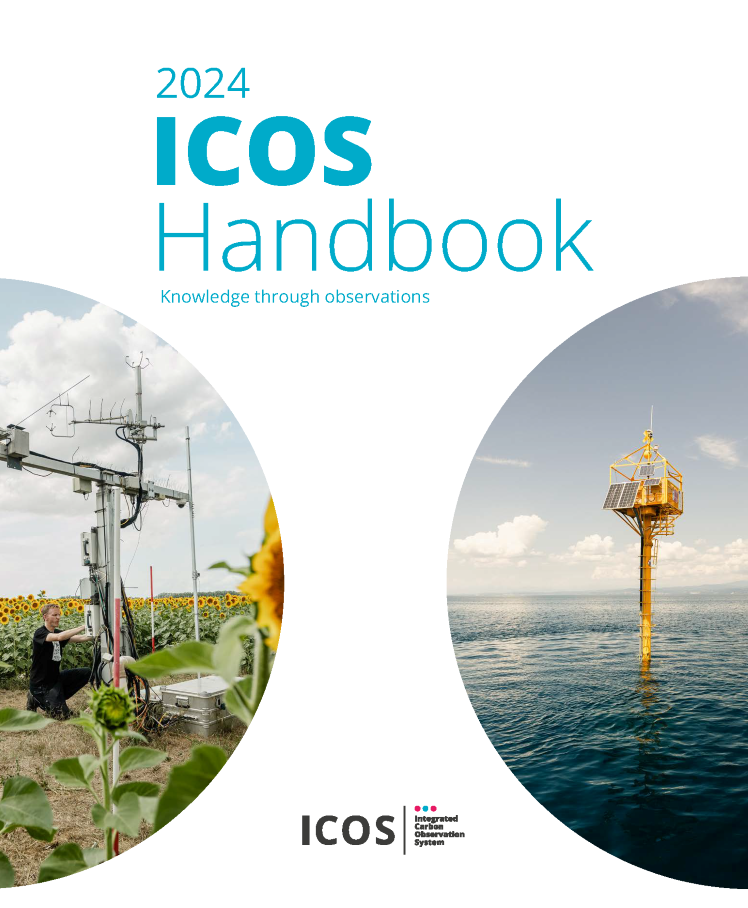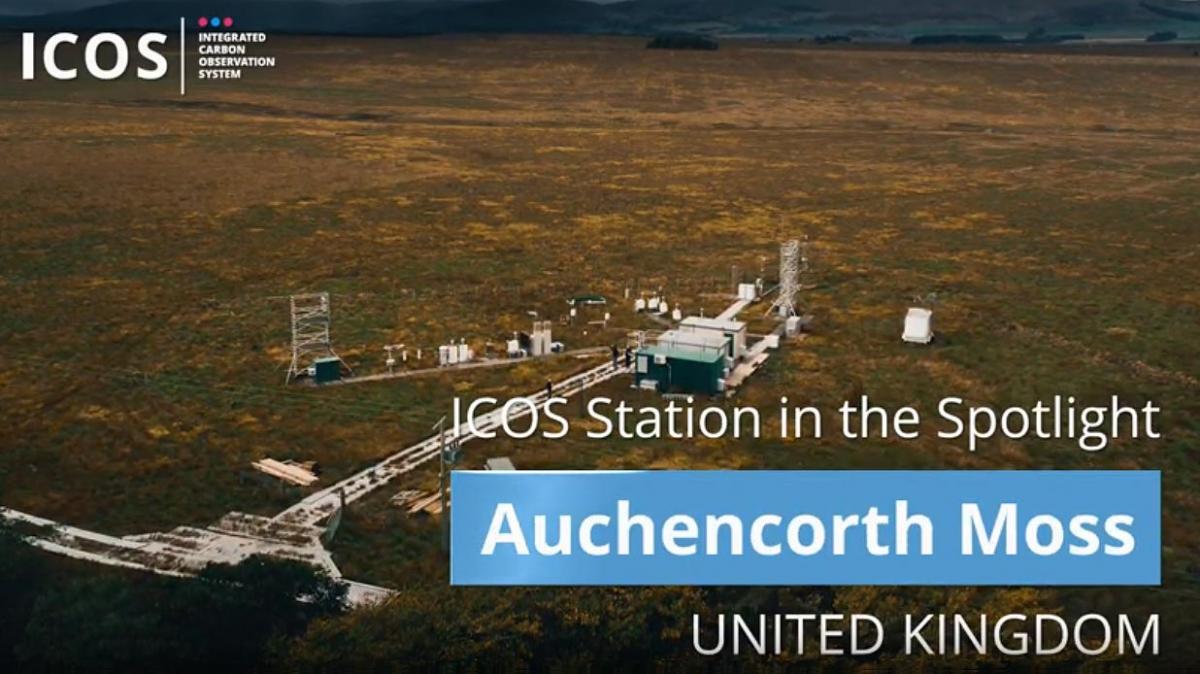ICOS (the Integrated Carbon Observation System) is a European Research Infrastructure (RI) identified as part of the European Strategy Forum on Research Infrastructures (ESFRI) process.
It consists of a network of European observing systems operated at member state level and is underpinned by thematic centres (ocean, atmosphere and ecosystem [terrestrial biosphere]) and a centralized administration and database facility in Helsinki. The UK is supporting the Ocean Thematic Centre (OTC) jointly with Norway.
UK ICOS Executive Board 2025
| Jon Blower (NOC) | Thomas Haynes (NERC/DSIT) |
| Grant Forster (UEA/NCAS) | Eiko Nemitz (CEH) |
| Peter Levy (CEH) | Alastair Lewis (NCAS) |
| Kieran Stanley (Bristol Uni) | Andrew Gates (NOC) |
UK ICOS Programme Management
National Focal Point for UK-ICOS science community: Dr Grant Forster
Specific role: Recognized by the community to be the liaison and communication point between the National Networks, scientists, funding agencies, other stakeholders and ICOS ERIC.
National Stakeholder for UK ICOS: Dr Jon Blower
Specific role: To build up a good relationship between the national government and funding agencies and science community.
ICOS stations
Select a station on the map for more detail.
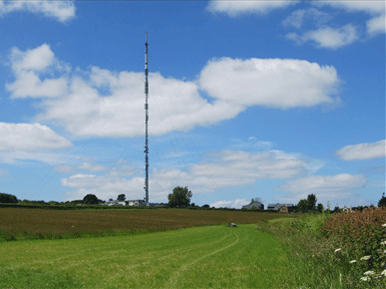
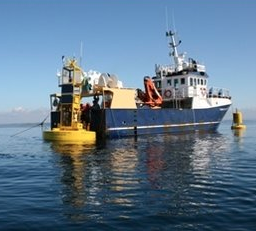
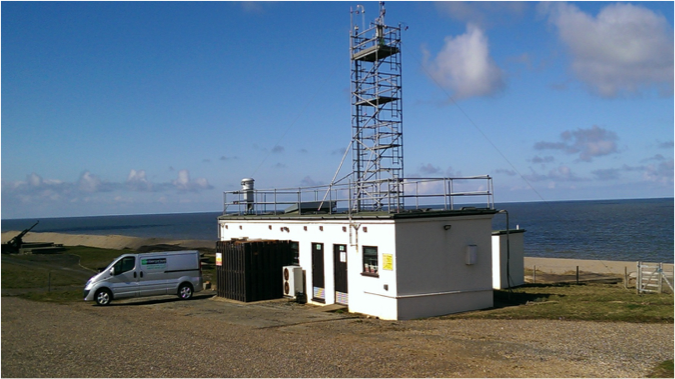
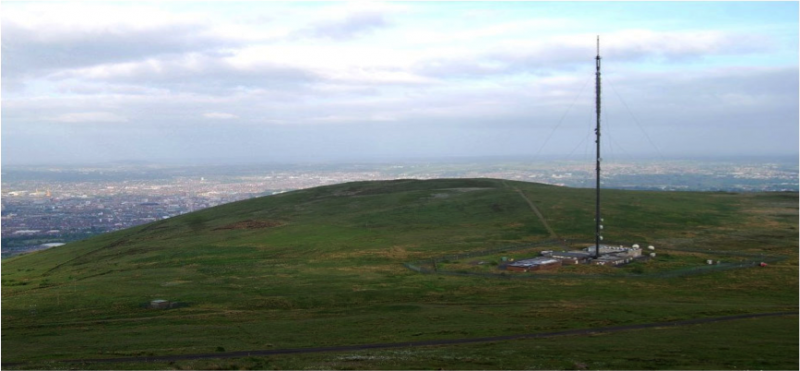
ICOS Publicity
The new ICOS Handbook 2024 is now available.
The ICOS Handbook helps you to understand how we operate - how ICOS is organised, what and how we measure, and the role of the Thematic Centres and National Networks. It also describes the technical specifications of stations and the process of becoming a Member. The handbook aims to give a comprehensive overview of ICOS both for the people already within our community, as well as for countries considering membership.
We hope anyone interested in ICOS will find this handbook useful.
